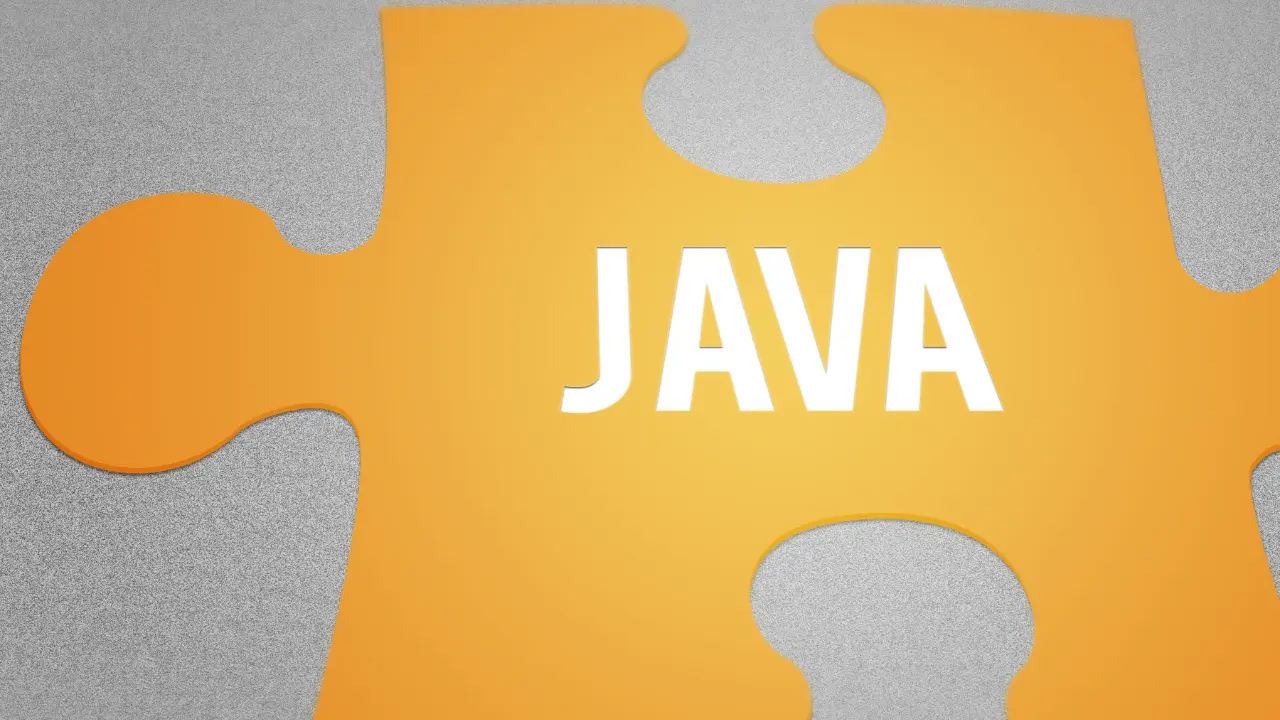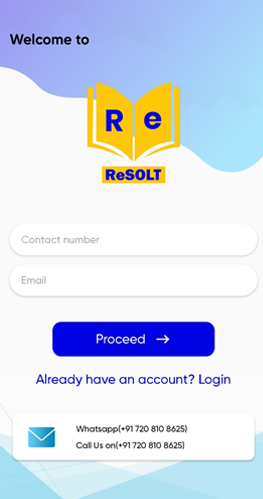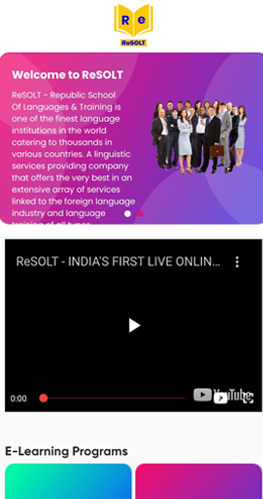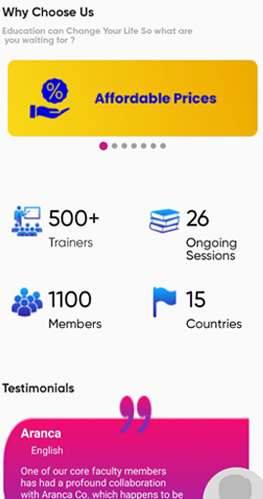Java, a popular and versatile programming language, has been a staple in the tech industry for decades. Whether you’re a novice eager to learn your first programming language or an experienced developer looking to expand your skill set, mastering Java can open up a wealth of opportunities. Java classes, Java courses, etc., are considered the best resources to learn Java. This comprehensive guide will walk you through the steps to achieve proficiency in Java programming.
Understanding the Basics
Before diving into coding, it’s crucial to understand what Java is and why it’s so widely used. Java is an object-oriented, class-based programming language designed to have as few implementation dependencies as possible. It allows developers to “write once, run anywhere,” meaning that compiled Java code can run on all platforms that support Java without the need for recompilation.
Setting Up Your Environment
To start programming in Java, you must set up your development environment. Here are the basic steps:
- Download and Install JDK: The Java Development Kit (JDK) is essential for developing Java applications. You can download it from the official Oracle website or other sources like OpenJDK.
- Install an IDE: Integrated Development Environments (IDEs) such as IntelliJ IDEA, Eclipse, or NetBeans provide comprehensive facilities to programmers. They include code editors, debuggers, and build automation tools.
- Configure Environment Variables: Ensure that the JAVA_HOME environment variable is set to the JDK installation directory and add the JDK bin directory to your system’s PATH.
Learning the Syntax
Java syntax is similar to other programming languages like C++ and C#, but it has its unique features. Start with the basics:
- Data Types and Variables: Learn about primitive data types (int, char, float, etc.), reference data types, and how to declare variables.
- Operators: Understand arithmetic, relational, logical, and bitwise operators.
- Control Structures: Study how to use if-else statements, switch-case, loops (for, while, do-while), and break and continue statements.
- Methods: Learn how to declare methods, pass parameters, and return values.
With the best Java classes in Mumbai or Java courses in Mumbai, you can start your career in programming language.
Object-Oriented Programming (OOP)
Java is an object-oriented language, which means it uses objects to model real-world entities. The four fundamental OOP concepts are:
- Encapsulation: Bundling the data (variables) and methods (functions) that operate on the data into a single unit, called a class. This hides the internal state of objects and only exposes a controlled interface.
- Inheritance: Mechanism by which one class inherits the properties and behaviors of another class. This promotes code reuse.
- Polymorphism: Ability to present the same interface for different data types. It allows one interface to be used for a general class of actions.
- Abstraction: The concept of hiding the complex implementation details and showing only the necessary features of an object.
Practicing with Simple Programs
Once you’re comfortable with the basics, start writing simple programs. Here are a few suggestions:
- Hello World: Your first program should simply print “Hello, World!” to the console.
- Basic Calculator: Create a program that performs basic arithmetic operations.
- Factorial Calculation: Write a program to calculate the factorial of a number using both iterative and recursive methods.
- Palindrome Checker: Develop a program to check if a given string is a palindrome.
Diving Deeper into Advanced Concepts
To truly master Java, you need to understand its advanced features:
- Exception Handling: Learn how to handle runtime errors using try, catch, finally, throw, and throws keywords.
- Collections Framework: Study the various data structures like ArrayList, LinkedList, HashMap, HashSet, and their usage.
- Streams and Lambda Expressions: Java 8 introduced Streams and Lambdas to facilitate functional programming. Understand how to use these features to write concise and readable code.
- Concurrency: Learn about multi-threading, synchronization, and concurrent collections to handle multiple tasks simultaneously.
- File I/O: Understand how to read from and write to files using Java I/O streams.
Building Projects
Building real-world projects is one of the best ways to solidify your understanding of Java. Here are a few project ideas:
- Library Management System: A console-based application to manage books, members, and borrowing transactions.
- Weather App: A GUI application that fetches and displays weather data from an API.
- E-commerce Website: A web application with functionalities like user authentication, product listings, and shopping cart.
Exploring Frameworks and Libraries
Java has a rich ecosystem of frameworks and libraries that simplify development:
- Spring Framework: A comprehensive framework for building enterprise applications. It provides features like dependency injection, transaction management, and web MVC.
- Hibernate: An ORM (Object-Relational Mapping) framework that simplifies database interactions.
- Apache Maven: A build automation tool that manages project dependencies and builds processes.
Participating in the Community
Engaging with the Java community can accelerate your learning:
- Join Forums: Participate in forums like Stack Overflow, Reddit, and JavaRanch to ask questions and share knowledge.
- Attend Meetups and Conferences: Join local Java user groups and attend conferences like JavaOne to network with other developers and learn from experts.
- Contribute to Open Source: Contributing to open source projects on platforms like GitHub is a great way to gain experience and collaborate with other developers.
Continuous Learning
Technology is constantly evolving, and so should your skills. Keep up-to-date with the latest developments in Java by:
- Reading Books: Some recommended books are “Effective Java” by Joshua Bloch and “Java Concurrency in Practice” by Brian Goetz.
- Following Blogs: Subscribe to blogs like Baeldung, JavaWorld, and Oracle’s Java Blog for the latest news and tutorials.
- Taking Courses: Enroll in online courses on platforms like Coursera, Udemy, and Pluralsight to deepen your knowledge.
Conclusion
Mastering Java is a journey that requires dedication, practice, and continuous learning. By following this comprehensive guide, you’ll build a strong foundation and gain the skills needed to tackle complex Java projects. Remember, the key to success in programming is perseverance and a passion for learning. So enrol in the best Java institute in Mumbai to start learning Java.



















